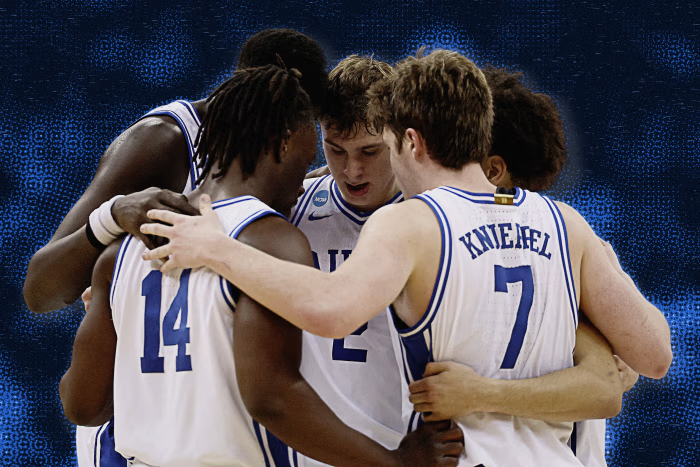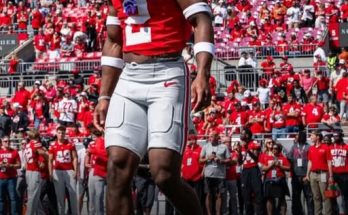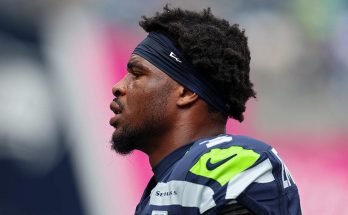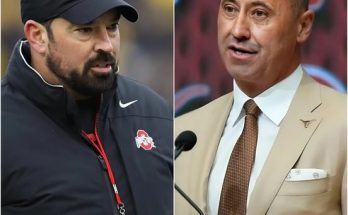The Dark Money Behind Duke Basketball
Duke University basketball has long been synonymous with success, producing countless championship teams, a bevy of NBA talent, and one of the most recognizable coaching figures in all of sports history, Mike Krzyzewski. The program’s storied legacy and dominance in college basketball make it a perennial contender, but the rise of the Blue Devils to their position at the top of the college basketball world has not come without its share of controversy. Behind Duke’s basketball program lies an intricate web of financial support, fundraising, and corporate sponsorships that play an undeniable role in the program’s success—yet some aspects of this financial ecosystem remain less visible to the public eye. This “dark money” aspect of Duke basketball has raised questions about the influence of wealthy donors and corporate entities on college athletics and whether the school’s success is as much about money as it is about talent and coaching.
The phrase “dark money” refers to financial contributions made to political causes or, in this case, athletic programs, without transparency about the sources of those funds. In the context of Duke basketball, dark money can refer to the large, sometimes undisclosed donations and financial contributions that come from powerful individuals, foundations, and corporations who have a vested interest in seeing the Blue Devils succeed. These donors may not be listed on a donor board or directly associated with the university, but their influence is still very real. For a program like Duke, the accumulation of wealth plays a significant role in its ability to attract top talent, provide state-of-the-art facilities, and fund the extensive network of support systems that make it an elite program.
One key driver of this dark money is the massive donation network supporting Duke’s athletics program. The university is home to some of the most affluent alumni in the country, and many of these individuals take pride in the success of their alma mater’s basketball program. These wealthy alumni contribute significant sums to the program, often with the expectation that the program will continue its tradition of excellence. In exchange for their support, some donors may receive perks such as special access to games, exclusive events, and an opportunity to influence the direction of the program. This creates a situation in which the program’s success becomes tied to the financial backing of these high-net-worth individuals, allowing them to have a say in the decisions made by the university’s athletic department.
While Duke University itself is known for its prestigious academics and research, its basketball program has garnered significant financial support from wealthy alumni and corporate sponsors. One of the most significant sources of income for the program is its corporate partnerships. Duke has long had relationships with major corporations, including Nike, which supplies the team’s uniforms, and multinational companies like Coca-Cola, who have their logos displayed at various points during games. These corporate sponsors are not just interested in the brand exposure that comes with aligning with a successful program; they also see it as an opportunity to curry favor with wealthy alumni and potential donors. Through these partnerships, corporate sponsors may end up playing a significant role in the development of the basketball program, ensuring that Duke remains financially competitive with other top-tier college basketball programs.
Duke basketball also benefits from its position as a private institution, which affords it more flexibility in managing its fundraising efforts. As a private university, Duke is not required to disclose the full details of its donor relationships in the same way that public institutions are. This means that some of the major contributors to the program may remain anonymous, making it difficult for outsiders to fully understand the financial networks supporting the Blue Devils. These donors, often successful businesspeople and alumni with a deep passion for basketball, may play a larger role in the decision-making process behind the scenes, shaping the future of the program by determining where the funds go and what aspects of the program are prioritized.
The contributions from these wealthy donors and corporate sponsors give Duke an advantage over many of its competitors. Money is required to recruit the best talent, and Duke has been able to leverage its financial resources to secure commitments from high-profile players year after year. These financial resources allow the program to offer top-tier facilities, cutting-edge sports science programs, and an extensive support staff that includes nutritionists, mental health professionals, and academic advisors. These factors, combined with the prestige of the school and the reputation of Coach K, create an attractive package for potential recruits. The ability to offer players these perks—things like private tutoring, state-of-the-art gyms, and dedicated training facilities—can often sway players who are being courted by other prestigious programs.
Duke’s deep financial resources also play a role in the program’s ongoing success when it comes to scouting and recruiting. The university has the means to hire the best scouts, travel extensively, and ensure that the coaching staff is well-supported in its efforts to identify talent from across the globe. The recruiting process is a complex web of relationships, and financial backing plays a huge role in cultivating those connections. When top-tier recruits are considering which college to attend, it’s not just about the basketball program or the opportunity to play under a legendary coach like Krzyzewski. The recruiting process also involves significant financial considerations, from scholarships to endorsement deals. In some cases, it may even come down to the resources that the program has available for players’ personal and professional development.
However, the influx of dark money also raises concerns about the ethics and fairness of college basketball. Critics argue that the amount of money flowing into Duke’s basketball program creates an uneven playing field, where wealthy donors are essentially buying success. With such significant financial resources at their disposal, Duke and other high-profile programs have an unfair advantage over schools that lack the same financial backing. This has led to calls for greater transparency in the recruitment process, as well as a reevaluation of the role that private money plays in college athletics. While the NCAA has made some strides in recent years toward regulating the flow of money into college sports—particularly through the implementation of NIL (Name, Image, and Likeness) rights—there are still significant concerns about how financial interests impact the integrity of college basketball.
In addition to the direct impact on recruiting and team-building, dark money in college basketball can also affect the broader culture of the sport. The financial success of a program like Duke can influence the overall trajectory of college basketball, making it harder for smaller schools with less financial backing to compete. When a program like Duke consistently attracts elite talent, has access to top-tier facilities, and can offer the best possible development opportunities, it sets a standard that other schools may struggle to meet. This creates a situation in which college basketball becomes increasingly concentrated among a few elite programs, while others may be left behind.
The influence of dark money on programs like Duke basketball is an important aspect of the broader conversation about the future of college athletics. The balance between financial resources, player development, and the integrity of the sport is a delicate one. While it’s undeniable that money plays a significant role in the success of a program, it’s also essential to ensure that the spirit of college basketball remains intact. As the landscape of college sports continues to evolve, the question remains: how much should money influence the outcomes of games, and how can the NCAA ensure that all programs have a fair opportunity to succeed, regardless of their financial backing?
Duke basketball is undoubtedly one of the most successful and prestigious programs in the country, but its success has been built, in part, on a financial infrastructure that is not always visible to the public. The influence of dark money in college basketball is a topic that will likely continue to be debated for years to come, as the balance between money and fairness remains a key issue for the future of the sport. While Duke’s financial resources have helped the program achieve unprecedented success, they also highlight the challenges and ethical considerations that come with the commercialization of college athletics. The question remains whether the sport can maintain its competitive balance while still accommodating the powerful financial forces at play behind the scenes.



